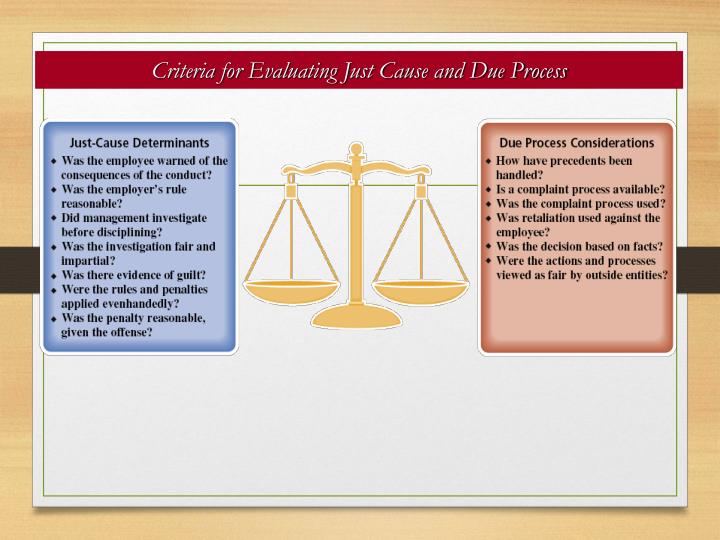

- THE RIGHT TO DUE PROCESS MEANS THAT GOVERNMENT TRIAL
- THE RIGHT TO DUE PROCESS MEANS THAT GOVERNMENT FREE
Under the common law, the right of an individual to petition implies the right of multiple individuals to assemble lawfully for that purpose. The 1688 Bill of Rights provides no such limitation to assembly. In reference to violation of the right to petition, the Prince of Orange had the following to say in his Declaration of Reason, "And yet it cannot be pretended, that any Kings, how great soever their Power has been, and how arbitrary and despotick soever they have been in the Exercise of it, have ever reckoned it a Crime for their Subjects to come, in all Submission and Respect, and in a due Number not exceeding the Limits of the Law, and represent to them the Reasons that made it impossible for them to obey their Orders." Reference here to numbers refers to limits to the number that could assemble to petition found in the 1661 Tumultuous Petitioning Act. It was found that the Bishops could not be convicted of Seditious Libel because they were exercising a right to petition that was contained then within the 1661 Tumultuous Petitioning Act.
/GettyImages-165026134-2b60d5b775d64acdae21e5851db5aea0.jpg)

THE RIGHT TO DUE PROCESS MEANS THAT GOVERNMENT TRIAL
Regarding the right to petition he referenced the Trial of the Seven Bishops where the Lords Spiritual including the Arch Bishop of Canterbury were committed to the Tower and tried for Seditious Libel for refusing to obey orders to read a Declaration of Indulgence. Prince William of Orange (Future King William III) described in his Declaration of Reason the grievances that would result in the 1688 Bill of Rights. Similar clauses are found in Scotland's Petition of Rights. "Redress of grievances", found in the petitioning clause of the US First Amendment is found in Article 13 of the 1689 Bill of Rights "And that for Redresse of all Grievances and for the amending strengthening and preserveing of the Lawes Parlyaments ought to be held frequently." indicating that the right to petition is cognate with the right to redress of grievance in Parliament. Then later, Article 5 Bill of Rights 1689, which explicitly declared the "That it is the Right of the Subjects to petition the King and all Commitments and Prosecutions for such Petitioning are Illegall.". It required that a Commission be provided at every Parliament to "hear by petition delivered to them, the Complaints of all those that will complain them of such Delays or Grievances done to them". 14 Edw III Statute 1 Chapter 5 (1340) put petitioning on a formal statutory footing. Historically, the right can be traced back to English documents such as Magna Carta, which, by its acceptance by the monarchy, implicitly affirmed the right.
THE RIGHT TO DUE PROCESS MEANS THAT GOVERNMENT FREE
A Prince, whose character is thus marked by every act which may define a Tyrant, is unfit to be the ruler of a free people. In every stage of these Oppressions We have Petitioned for Redress in the most humble terms: Our repeated Petitions have been answered only by repeated injury. In 1776, the Declaration of Independence cited King George's failure to redress the grievances listed in colonial petitions, such as the Olive Branch Petition of 1775, as a justification to declare independence: In Blackstone's Commentaries, Americans in the Thirteen Colonies read that "the right of petitioning the king, or either house of parliament, for the redress of grievances" was a "right appertaining to every individual". The right of access to the courts is indeed but one aspect of the right of petition." Historic roots Certainly the right to petition extends to all departments of the Government. The right extends to the "approach of citizens or groups of them to administrative agencies (which are both creatures of the legislature, and arms of the executive) and to courts, the third branch of Government. It is no longer confined to demands for “a redress of grievances,” in any accurate meaning of these words, but comprehends demands for an exercise by the government of its powers in furtherance of the interest and prosperity of the petitioners and of their views on politically contentious matters. Īccording to the Congressional Research Service, since the Constitution was written, In the United States the right to petition is enumerated in the First Amendment to the United States Constitution, which specifically prohibits Congress from abridging "the right of the people peaceably to assemble, and to petition the Government for a redress of grievances".Īlthough often overlooked in favor of other more famous freedoms, and sometimes taken for granted, many other civil liberties are enforceable against the government only by exercising this basic right.


 0 kommentar(er)
0 kommentar(er)
